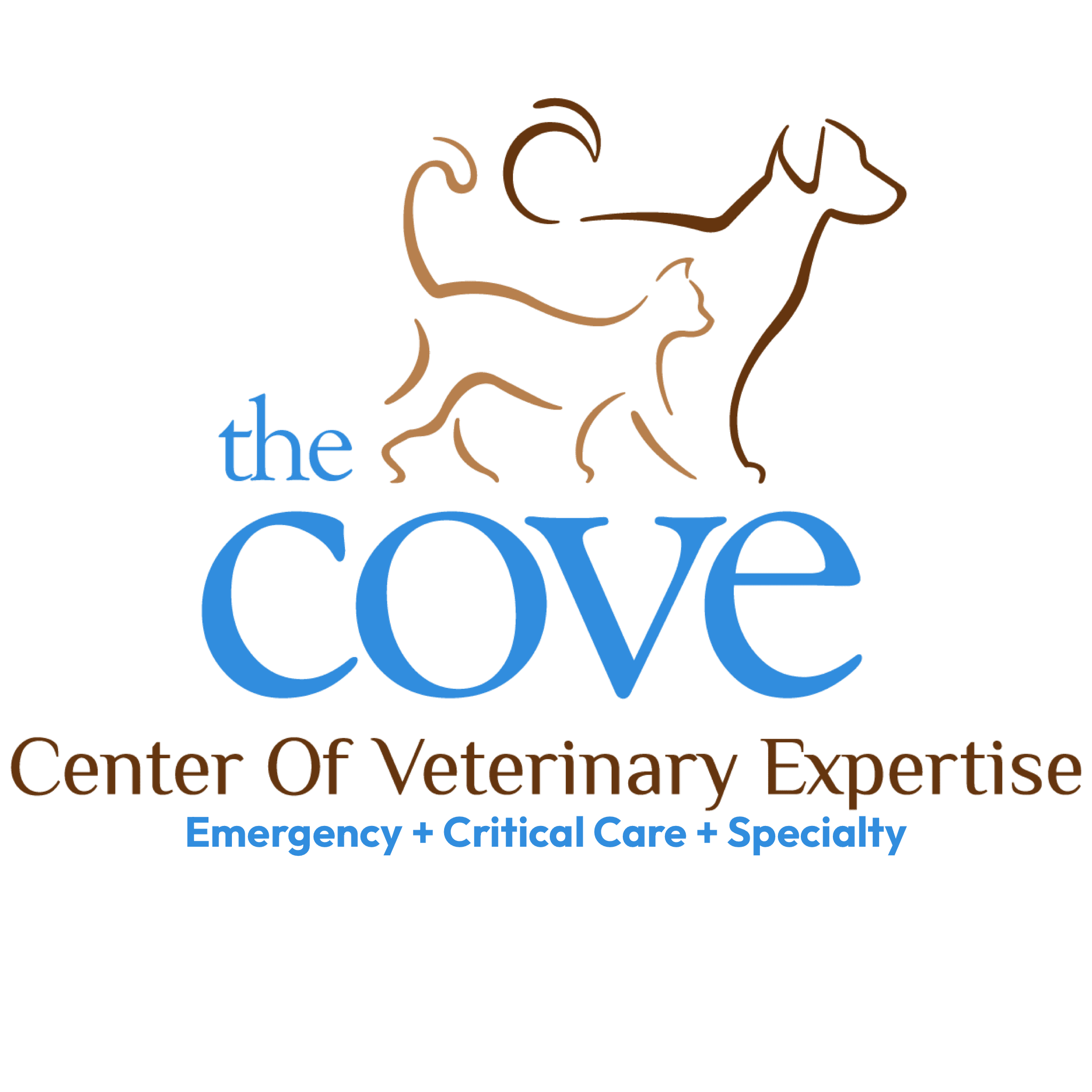You know how clever pets can be. We try to keep them away from harmful substances, but sometimes they just can’t resist. So we need to outsmart them. What better time than Poison Prevention Awareness Month to learn how?
Know the Dangers
We don’t want to seem alarmist, but your home is likely full of toxins that can harm you dog or cat, including things you don’t realize are dangerous. One tip: Download the free ASPCA Poison Control App where you’ll find a list of toxic plants, foods, and products. If you’re ever unsure whether something is safe, check the app.
Let’s go room by room to learn what some of the most common pet poisons for dogs and cats are, and what you can do to keep them out of paws’ reach:
- Kitchen: Human foods like onions, garlic, grapes, raisins, macadamia nuts, and much more can cause serious harm to both dogs and cats, so pick up any dropped food immediately and clear countertops before leaving the room. Alcohol and caffeine are also no-nos, so clean up spills and don’t leave cups or glasses out for pets to lick. If you keep cleaning products under the sink, invest in childproof locks to ensure prying paws can’t open the cupboard.
- Bathroom: Keep human medications, vitamins, supplements, and cleaning products in medicine cabinets, on high shelves in closets, and out of sight. Always try to include at least one hard-to-open or locked door between your pet and any potential toxins.
- Garage, Basement, or Shed: Your pet probably doesn’t spend much time here, but it only takes a lick or two of the wrong thing – especially for cats or small dogs – to cause serious damage. Always store paints and paint thinners, antifreeze, windshield fluid, lawn and garden chemicals, fertilizers, and pesticides off the floor, preferably either on high shelves, in locked cabinets, or in sealed containers or tubs.
- Living Areas: Plants are pretty, but there are literally hundreds of indoor and outdoor plants that contain toxins that can make your pet very sick. Among the most dangerous, especially to cats, are bulb flowers like tulips, daffodils, and lilies. Opt for faux.
In Case of Poison Emergency
If your pet does manage to get into something toxic, you need to act fast. The smaller the pet, the less toxin it takes to cause serious illness or even death. First, call your primary care veterinarian or the ASPCA Animal Poison Control Center 24-hour emergency poison hotline at 888-426-4435. If your pet needs immediate care after hours, call a 24-hour emergency veterinary hospital like The COVE.
Try to identify the toxic substance. Having the container, package, or label in hand will save valuable time and may save your pet’s life. You’ll need to tell Poison Control or the veterinarian what your pet ate, how much and when, and what their symptoms are so they can form the best treatment plan.
Here at The COVE, our emergency veterinarians are experienced and trained for pet poisoning cases. You do not need an appointment or referral to receive emergency services, but we do ask that you call first (757-935-9111) so that we can prepare for your arrival. We will always communicate with your pet’s primary care veterinarian regarding your pet’s condition to ensure continuity of care and appropriate follow-up.
About Us
The COVE’s veterinarians and staff wholeheartedly embrace the core values of community, collaboration, commitment, compassion, and integrity. This focus ensures that pets, the people who love them, and their primary care veterinarians have as positive and affirming a healthcare experience as possible, regardless of the circumstances that bring us all together.
